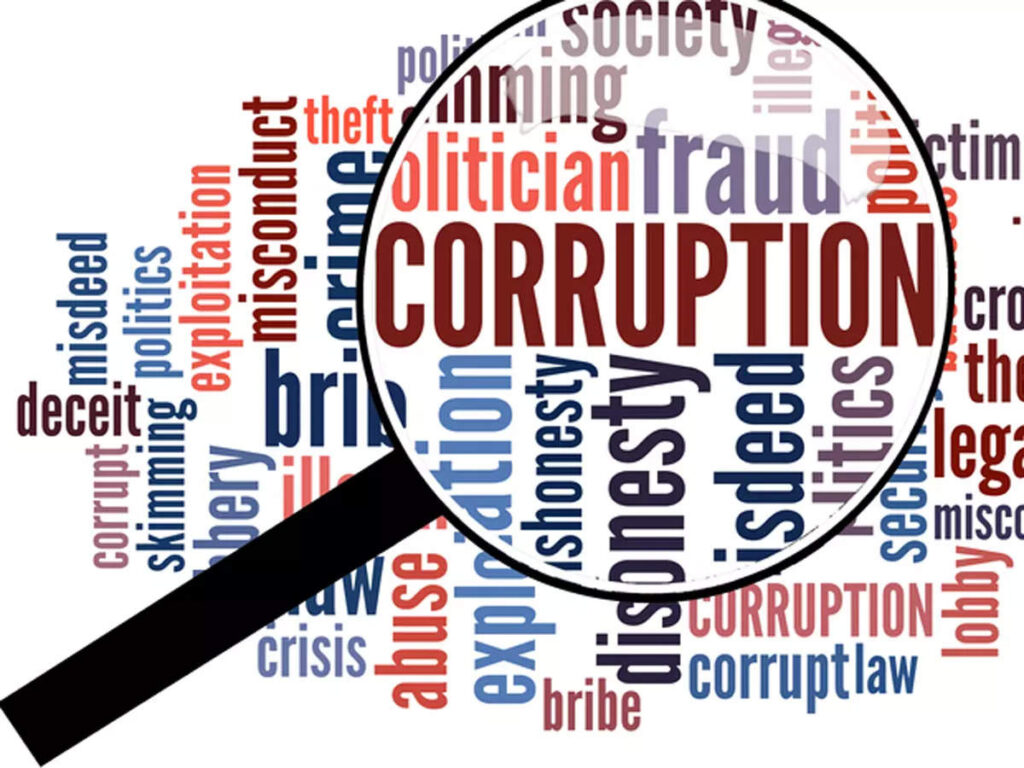What are the updates in the ICC’s 2023 Regulations on Combating Corruption?


The launch of ICC’s 2023 Rules on Combating Corruption has established a groundbreaking standard for corporate operations in effectively addressing integrity risks across worldwide value chains.
The new ICC Rules, recognized as a leading tool for promoting business integrity worldwide, have been updated from the previous 2011 edition to align with current standards and corporate practices. These rules have been developed under the guidance of the ICC Global Commission on Anti-corruption and Corporate Responsibility.
On December 11, ICC Chair Maria Fernanda Garza launched the 2023 Rules on Combating Corruption at the beginning of the UN Conference of the States Parties to UN CAC in Atlanta. This conference, known as CoSP 10, marks the 20th anniversary of the UN Convention against Corruption and aims to assess the progress made in implementing this legally binding instrument.
In anticipation of the release, we had the opportunity to speak with Viviane Schiavi, ICC Global Policy Lead on Anti-corruption and Corporate Responsibility, to gain insights into the new rules and the role that businesses can play in the fight against corruption.
The 2023 ICC Rules on Combating Corruption introduce several changes and additions that aim to address current challenges in preventing corruption. One notable change is the enhanced provisions for reporting mechanisms, which are crucial in uncovering and deterring wrongdoing. These mechanisms play a key role in ensuring transparency and accountability.
Additionally, the new Rules place a stronger emphasis on engaging and managing Third Parties. This is because Third Parties often serve as the weak link in the supply chain when it comes to integrity. By reinforcing this section, the ICC aims to mitigate the risks associated with corruption that may arise from interactions with these parties.
Furthermore, the ICC’s Rules on Combating Corruption now include a call for the promotion of Responsible Business Conduct. This is a significant addition as it recognizes the growing expectation for enterprises to make positive contributions towards sustainable development. Enterprises are also expected to proactively address any adverse impacts that may arise from their operations.
Overall, these changes and additions in the new ICC Rules on Combating Corruption demonstrate a proactive approach towards preventing corruption and promoting ethical business practices.
Version 1: In order to eradicate corruption, businesses can implement several measures. Firstly, it is crucial for companies to establish a comprehensive code of conduct or set of rules that explicitly prohibit any form of corrupt practices. This includes activities such as Commercial or Public Bribery, Extortion or Solicitation, Trading in Influence, and Laundering the proceeds of these illicit activities. It is important to note that this prohibition applies to both direct engagement in corruption as well as indirect involvement through the use of Third Parties.
Additionally, businesses should adopt a proactive and constructive approach by developing compliance programs tailored to their specific business activities. These programs should be based on thorough risk assessments and aim to identify, manage, and address integrity issues effectively. The compliance program can encompass guidelines on various aspects such as political and charitable contributions, conflicts of interest, gifts, hospitality, and more. By implementing these steps, businesses can play a significant role in combating corruption and promoting ethical practices.
The updated rules implemented by ICC are expected to have a significant impact on the day-to-day operations of businesses. These rules will serve as a valuable tool for companies in managing integrity risks across their global value chains. They will establish a new standard for corporate practices in terms of integrity and compliance. Particularly for small and medium-sized enterprises (SMEs) that may not have dedicated legal departments, these rules will provide clear guidance on the necessary considerations and actions to be taken. By following these rules, businesses can ensure responsible and ethical conduct, promoting a corruption-free environment and fostering fair competition among all participants.
